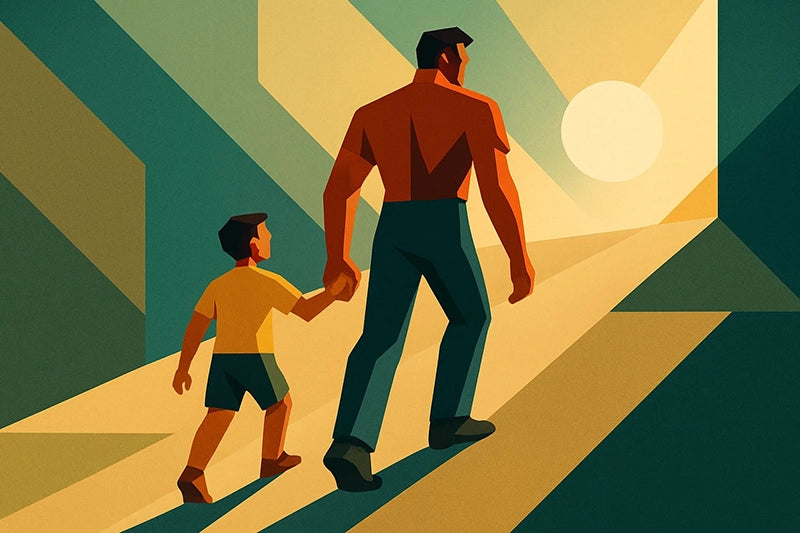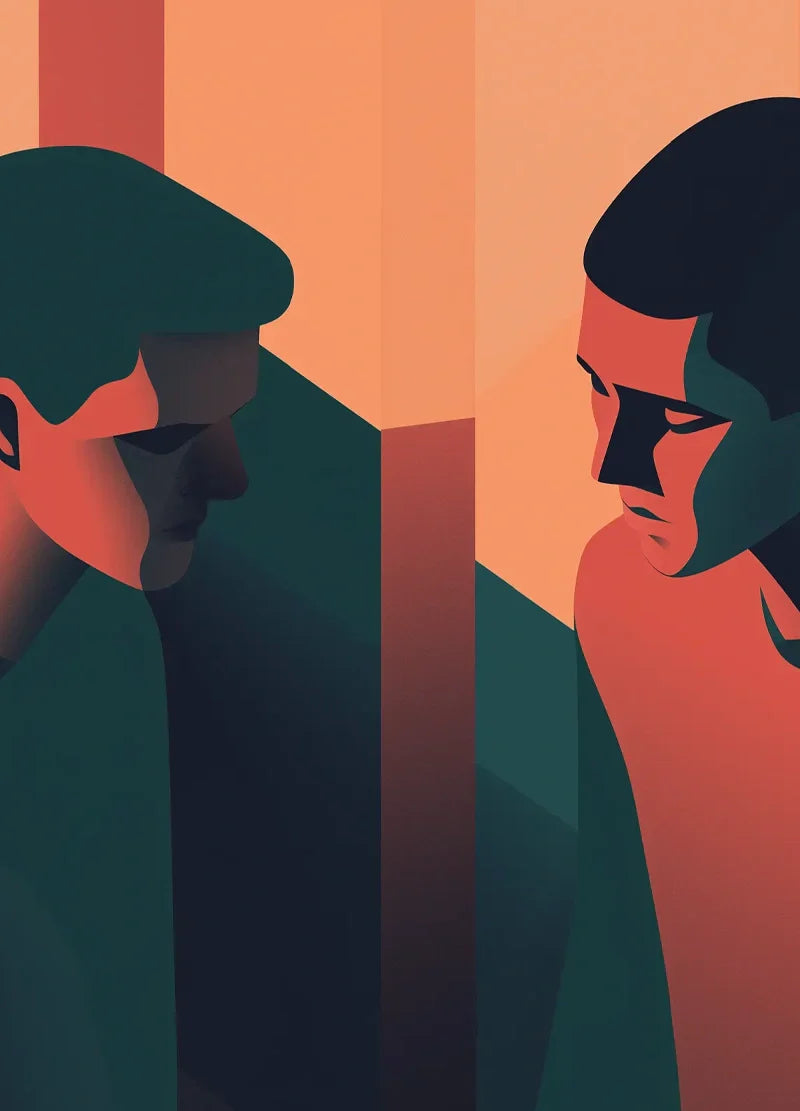Becoming a dad is one of life’s biggest milestones, but it isn’t always the montage of perfect family photos. Sleepless nights, shifting roles and the pressure to be an involved partner and provider can wear down even the most resilient man. Mental health challenges among new fathers are common yet often overlooked — around one in ten dads experience depression or anxiety after the birth, with symptoms often peaking three to six months in. Left unaddressed, these struggles can strain relationships and affect your child’s development. Learning to spot the signs, caring for yourself and knowing when to seek help can protect your wellbeing and help you enjoy fatherhood more fully.
Spot the Early Warning Signs
Paternal depression doesn’t always look like sadness. Many men experience anger, irritability or sudden outbursts. Some throw themselves into long hours at work, take more risks or turn to alcohol or other coping behaviours. You might feel disconnected from your partner or baby, lose interest in hobbies or work, or pull away from friends and family. Physical signs like headaches, muscle tension, stomach issues or persistent fatigue can also appear. Anxiety attacks, constant worry or feelings of hopelessness are further red flags.
Certain factors can raise the risk: hormonal changes after birth, a partner experiencing depression or anxiety, a personal or family history of mental illness, financial pressure, relationship conflict, unresolved trauma and severe sleep deprivation. Noticing these factors doesn’t mean you will struggle — but it’s a cue to pay closer attention to your mental health.
Build Emotional Resilience
Taking care of your emotional health isn’t selfish — it’s essential for you and your family. Start with basics that stabilise mood and energy:
-
Sleep whenever you can:
Trade night shifts with your partner, nap when the baby naps and protect rest where possible.
-
Eat well and stay active:
Nutritious food and movement boost energy and mood.
-
Limit alcohol and substances:
They can numb stress short term but worsen anxiety and depression.
Add small practices that keep you grounded. Journaling, meditation or deep breathing help slow racing thoughts. Simple gratitude rituals, like noting one thing you appreciate each day, can shift focus toward positives. Keep space for hobbies or sports to maintain identity and balance. Stay connected to friends or join fatherhood support groups — sharing with other dads normalises your experience and reduces isolation.
Share the Load and Set Boundaries
Balancing work and family is tough. The pressure to provide while being present can feel impossible. Remember: you don’t have to do it all. “Good enough” parenting is still great parenting.
-
Share care at home:
Bathing, feeding and settling the baby help you bond while easing your partner’s load.
-
Talk openly:
Discuss expectations and divide responsibilities fairly. Be honest about what you each need to feel supported.
-
Set work boundaries:
Avoid unnecessary overtime, mute notifications during family time and speak with managers about flexibility if possible.
-
Ease financial stress:
Review your budget or seek advice to reduce pressure.
Your value isn’t measured in hours worked. Being mentally present for your family is just as important.
Know When to Seek Help
Feeling tired or stressed doesn’t automatically mean depression. But if sadness, anger, anxiety or detachment last more than two to three weeks and affect your relationships, work or enjoyment of life, it’s time to reach out. Start with your GP, who can screen for depression, rule out physical causes and refer you to therapy if needed. Psychologists and counsellors can teach coping strategies and help you manage symptoms. If medication is appropriate, a doctor or psychiatrist can guide you.
If you’re unsure where to begin, look for local support groups or online communities for dads. These can be a safe first step. In urgent situations — like thoughts of harming yourself or your child — seek help immediately by calling emergency services or a crisis helpline.
A Healthier Path Forward
New fatherhood can be rewarding but also overwhelming. Recognising that men can experience postpartum depression and anxiety is the first step to change. By staying alert to warning signs, caring for your emotional health, setting realistic boundaries and seeking help early, you protect yourself and strengthen your family. Taking action isn’t weakness — it’s courage. When fathers care for their mental health, they show up more fully for their partners and children, creating a stronger foundation for everyone.






